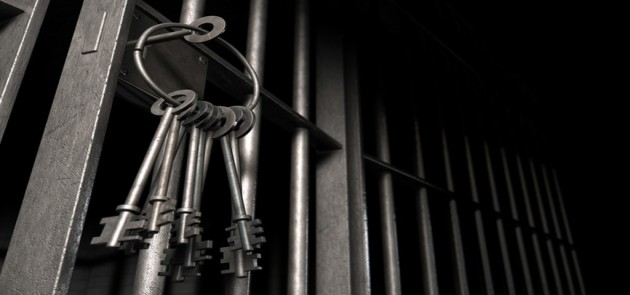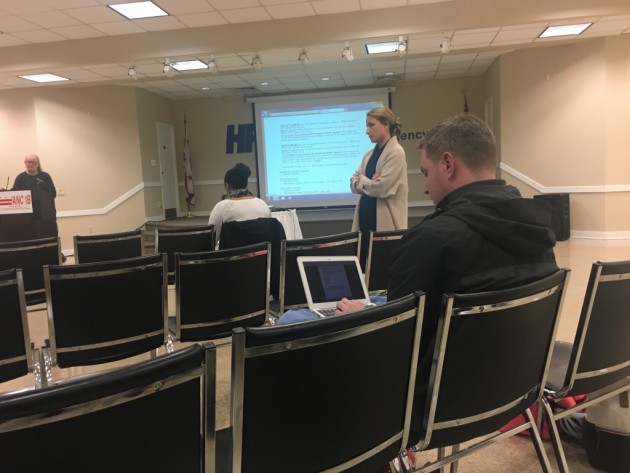Racial Profiling a Growing Domestic Problem
A report released yesterday by Amnesty International USA (AIUSA)may make some think twice about using the phrase “driving whileBlack” to conjure up images of racial profiling as men ofMiddle Eastern and South Asian descent are becoming more frequentvictims than any other minority group.
According to the study, conducted by theDomestic Human Rights Program of Amnesty from July 2003 to August2004, 32 million people reported incidents of raciallyprofiling. One in three Americans are at high risk of beingmistreated because of their race, religious belief, orethnicity. Police, immigration, and airport security are thethree areas where racial profiling has become a major problem sincethe government extended its war on terrorism.
The results of the study, which were drawnprimarily from a series of public hearings held in cities such asOakland, New York and Chicago, provides proof that racial profilingdistracts the law enforcement process and destabilizes nationalsecurity efforts. Because police officials have a tendency totarget Arab, Muslim and South Asian males, terrorists of otherraces, particularly Caucasians, often slip through theholes.
AIUSA researchers analyzed state lawsconcerning racial profiling, the Supreme Court’s interpretation ofprotections guaranteed in the Constitution, international treatiesand laws, national public opinion polls, data from the 2003 censusand literature pertaining to the topic to draw theirconclusions.
The 1997 conviction of Timothy McVeigh forbombing a federal building that left 168 dead along with the recentcase against American Taliban John Walker Lindh, who was chargedwith aspiring to kill two U.S. nationals and aiding Osama BinLaden’s al-Qaeda network, both prove that racial profiling fails toget the job done.
AIUSA also cited the 2002 sniper attacksexecuted by two African American males as confirmation thatpreconceived notions about criminals of any type, serial killers orterrorists, can hinder the process of justice. Because policewere using a racially based profile of serial killers, theytargeted antisocial white males as prime suspects. When theevents unfolded, the entire American public watched the newsreports in awe.
Amnesty charges that racial profiling also hasa psychological and social affect as it reinforces residentialsegregation, creates attitudes of fear and mistrust, and makescitizens reluctant to report crimes and cooperate with police,especially considering the fact that state laws fail to address theproblem.
Racial profiling bills have been introduced in41 states, but passed only in 29. Only 23 of these statesbanned the practice entirely, the report said. Twenty-sevenstates do not ban racial profiling, 46 do not ban religiousprofiling, and 35 allow pedestrian “stop and frisk” searches andonly six of the 15 that ban these searches use an enforceabledefinition of racial profiling.
Critics of current legislation set up to putan end to this discriminatory practice claim the entire scope ofprofiling is not taken into consideration. The June 2003Department of Justice guide book for federal law enforcementagencies, which was cited in the report, does not cover profilingbased on religion, national origin, does not apply to local lawenforcement, and does not specify punishment for violating officersor agencies. There is also an exception set up to protect lawenforcement officers who profile subjects under the guise of”national security” and “border integrity.”
Amnesty supports bills introduced in the Houseby Rep. John Conyers Jr., D-Mich., whose End Racial Profiling Actof 2001would provide federal grantsfor other means to end racial profiling, including culturalawareness training and equipment such as video cameras and DemocratRussell Feingold of Wisconsin who moves to ban profiling at alllevels of government.
The group also urges the White House andCongress to enact and prioritize the End Racial Profiling Act of2004. To learn more visit AIUSA at www.amnestyusa.org




